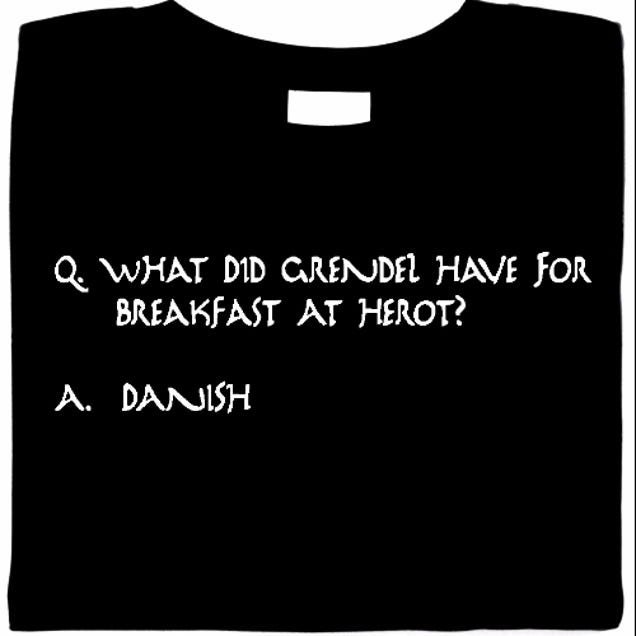“A
little more than kin and less than kind.”
The
Elsinorian air around him full of poetic pronouncements,
straining against their iambic boxes
and his misguided promise to a ghost
in the woods.
He
never follows directions.
He
doesn’t know that he needs a clear tragic flaw.
He
never learns from Sophocles
how to model the evils of
overstepping his bounds.
He
has sworn away all bounds,
forever
living in the “goodly frame”
of the eloquent stage in his mind.
The
father whose airy armor demands revenge
is trumped by the un-poetic cruelty
of murder.
The
would-be father-in-law suffocates on the figurative air he can’t seem to
breath,
mocked by this Danish drop-out at
every turn.
The
young prince flees the love he desperately seeks.
He
is cruel to be kind to be cruel.
Best
friends gone, mother a betrayer or, worse, ignorant,
only the pedantic comrade left,
not even a shadow of the Protean hero
he follows so helplessly.
Pirates,
gravediggers, swordfights, staged murders,
secrets behind every curtain,
the readers’ eyes widen at every new
surprise.
Every
21st century teenager gets Hamlet,
the comedy, the sarcasm, the hatred
of boundaries,
the chameleon moodiness of him –
even though he is a 400-year-old ghost.
So
I smile when the workshop leader, addressing 30 teachers, pronounces,
“All stories fit into this 4 step
pattern,”
proudly pointing to a list of plot
devices on a large computer screen,
the bullet-listness of them
demanding self-evident agreement.
My fellow teachers are
actually writing this down.
I
imagine Hamlet sitting next to me, twirling his quill sarcastically, that smirk
on his face.
I
wonder how long it would have taken him to get up, push his chair in,
and walk out of the conference room
and into the lobby
for the illumination of a hot coffee
and an ironic Danish.


